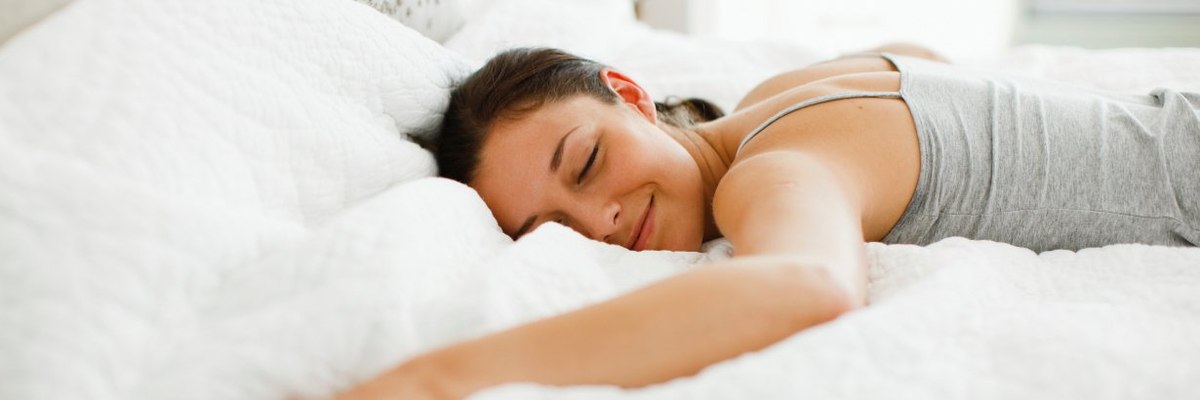The first part of the YouGov Sleep Study analysed the practices and patterns of Britons when it comes to sleep. This part covers questions such as the timing of going to bed, the length of time it takes them to fall asleep and the amount of time spent sleeping. We also researched how many Britons took naps and the ideal length of a nap.
More Britons say they are night owls (44%) than early risers (33%).
Younger Britons are more likely to fall in the ‘night owl’ category than older generations: 51-59% of 16-39-year-olds say they are ‘night owls’, compared to 37-40% of those older than 40.
Seven out of 10 Britons (71%) say they always or usually go to bed at the same time every night, while 27% go to bed at different times each night.
Britons aged 16-24 (39%) are more likely than those aged 25-59 (28%) and those aged 60 and over (20%) to report going to bed at different times.
Early risers (85%) are significantly more likely to say they hit the sack at a regular time, compared to 60% of those who describe themselves as night owls.
About half of Britons (48%) go to sleep from around 10pm to around 11pm, while one in eight (12%) go to bed at around 9.30pm or earlier. Just over one in four (27%) go to bed between around 11:30pm and around 12.30pm, while 11% of Britons turn in at around 1am or later.
Men are more likely than women to go to bed later at night: 43% of men go to bed from around 11:30pm onwards compared to 32% of women.
Younger Britons are the most likely to go to bed very late (at around 1am or later): 17% of 16-24 year olds say they do so, compared to 12% of those 25-39 and 8-9% of those aged 40 and above.
Women (20%) are more likely than men (14%) to take around an hour or longer to fall asleep.
One in eight Britons (13%) have fewer than six hours of sleep per night. The most common average sleep period is seven hours a night, which 35% of Britons say they get. One in five (22%) say they typically get six hours of sleep a night, while a similar number say they get eight hours a night (20%). Only 5% get nine hours of sleep or more, on average.
Half of Britons (49%) think they do not get enough sleep per night, with this applying more to women (53%) than men (45%).
Those aged 60 and older (51%) are more likely than everyone else (35-38%) to be satisfied with the amount of sleep they get.
Women aged 25-59 are substantially more likely than other age groups to say they don’t get enough sleep, at 58-60%.
Early risers are more likely than night owls to say they get enough sleep each night: 50% vs 37%.
Nine in ten (89%) Britons say their life would be improved if they had more sleep. Half (53%) said their life would improve ‘very much’ while a third (36%) said it would improve ‘somewhat’.
Among Britons who think they do not get enough sleep, 59% say their life would be improved ‘very much’ and 34% say it would improve ‘somewhat’ if they had more shut-eye.
One in five Britons (20%) say they often have naps during the day, while 43% have them sometimes. A third of Britons (35%) never nap during the day.
Britons aged 60 and above are the most likely to take naps during the day, at 27%.
Daytime naps are more popular among Britons who sleep five hours a night or less (33%), compared to those who get six hours of sleep or more (16-23%).
Among Britons who ever nap, one in five (19%) think the perfect nap should be between 15 and 20 minutes, while a quarter (24%) say it should last between 20 and 30 minutes. For one in four (24%), the perfect nap should last between 31 minutes and an hour, while one in five (19%) say it should be over an hour.
Britons under the age of 60 (21-29%) are significantly more likely than those over 60 (9%) to say an ideal nap should last more than an hour.
One in five Britons (24%) would like to eliminate the need for sleep if that were possible, while the majority (61%) would not.
Men (31%) are more likely than women (18%) to say they would eliminate the need for sleep, if it were possible, as are younger Britons (35% of 16-24-year-olds) compared to their elders (14% of 60+).
See full results here









